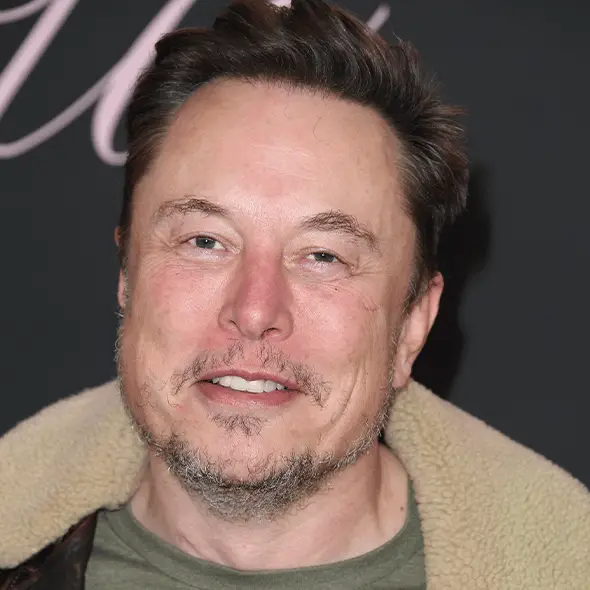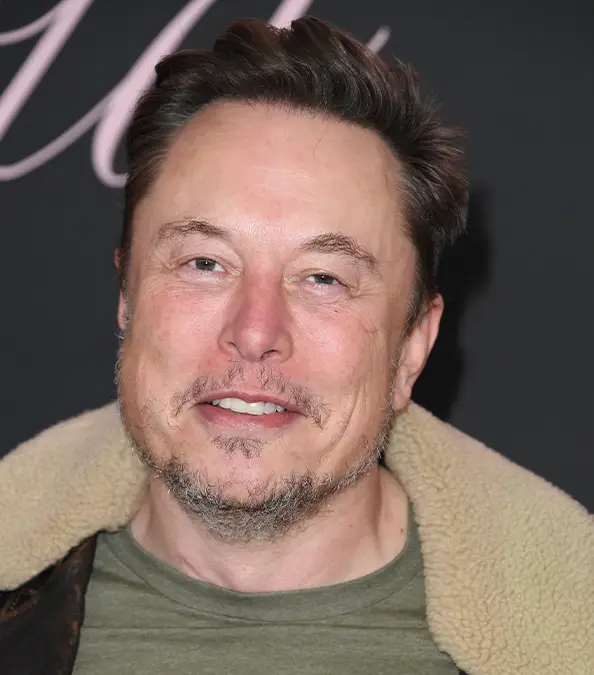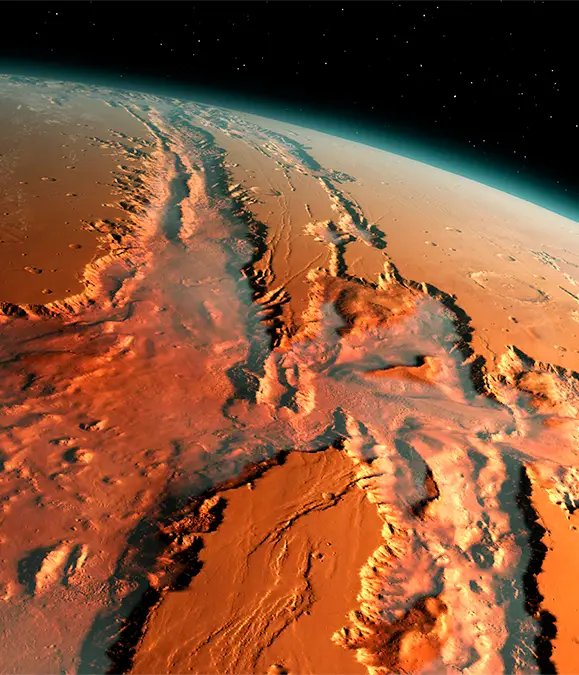
Elon Musk is no stranger to extremely radical plans for humanity, pushing for AI developments and driving a mass human migration to Mars.
The SpaceX founder hopes to put a million people on Mars by 2050.
However, not everyone is on board with the billionaire's plans.
Astronomers in particular, like Martin Rees disagree wholly with the SpaceX founder's ambitious plans.
Advert
Rees is a respected astrophysicist and member of the Royal Households of the United Kingdom, holding the title of 'Astronomer Royal' and has labelled Musk's plans a 'dangerous illusion.'

The scientist voiced his concerns during the House of Lords' podcast Lord Speaker’s Corner. He described Musk as an 'extraordinary figure' with a 'rather strange personality.'
'I don’t think it’s realistic and we’ve got to solve those problems here on Earth,' Rees said.
'Dealing with climate change on Earth is a doddle compared to making Mars habitable. So I don’t think we should hold that out as a long-term aim at all.'
Whilst the scientist appreciates there might be a few 'crazy pioneers' living on Mars, just like how people are living at the South Pole, Mars is 'far less hospitable'.
'But the idea of mass migration to avoid the Earth’s problems, which he and a few other space enthusiasts adopt, that, I think, is a dangerous illusion,' added Rees.
Furthermore, Rees believes human space exploration should be funded privately and not with government funding, much like the collaboration between NASA and Musk's SpaceX.

Governments have to be 'very safety conscious' making the space projects very 'expensive,' Rees continued.
The problem with actually moving to another planet is the fact that humans aren't designed to withstand long-term space travel due to the low gravity and cosmic radiation, among other harmful factors.
Instead, Rees thinks remote-controlled robots should do the bulk of exploration as well as and heavy lifting of structures out in space.
Only people with a 'high appetite for risk' should be should be going into space, according to the astrophysicist.
Rees isn't alone in his Musk scepticism. Even Barack Obama isn't seeing eye to eye with the Tesla CEO's plans.
The former US president said he would rather we 'invest in taking care of this planet here' before abandoning it for another so soon.
He also suggested that space exploration should be confined to 'gathering knowledge and discovery' rather than a solution to our problems on Earth.